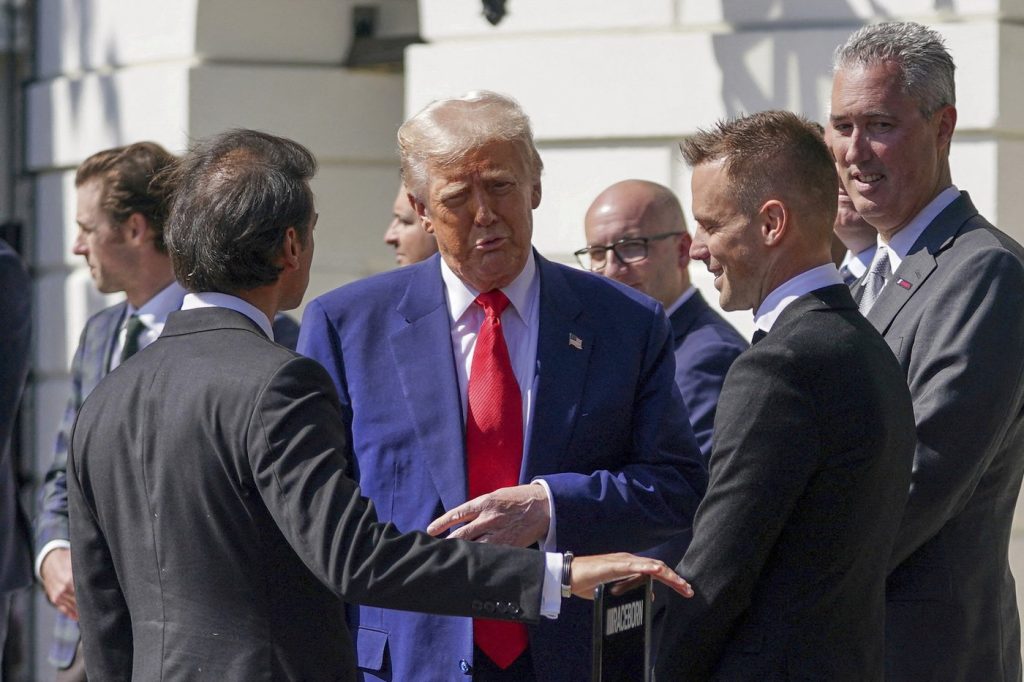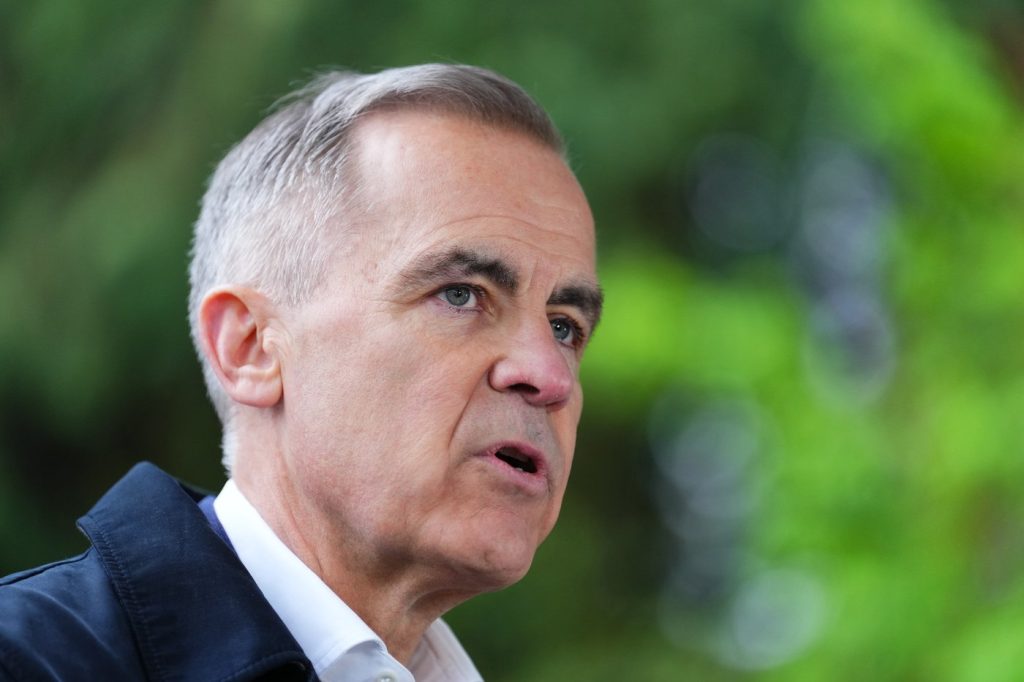New ‘Omicron’ variant prompts Canada to ban visitors from southern Africa
Posted Nov 26, 2021 10:10:18 PM.
OTTAWA — Canada is closing its borders to visitors from southern Africa after the discovery of a concerning new COVID-19 variant was detected in the region.
The new variant, dubbed Omicron, first emerged in South Africa and coincided with a steep rise in the number of COVID-19 cases in that region in recent weeks, according to the World Health Organization.
“We are therefore acting quickly in order to protect the health and safety of Canadians,” said Health Minister Jean-Yves Duclos at a news conference Friday.
So far there have been no cases detected in Canada.
The ban will apply to foreign nationals who transited through a list of seven countries in the last 14 days, including South Africa, Mozambique, Botswana, Zimbabwe, Lesotho, Namibia and eSwatini.
Those already in Canada who recently travelled through the region will need to quarantine, and be tested for COVID-19.
Global Affairs is also issuing an advisory to discourage non-essential travel to South Africa and neighbouring countries.
Canadian citizens and permanent residents arriving home from the region must get a COVID-19 test before they return, and will need to quarantine at a designated hotel until their entry test proves negative.
After that they will be able to isolate at home until they test negative 10 days after arrival.
Currently there are no direct flights from southern Africa to Canada.
Travellers from elsewhere will need to comply with existing COVID-19 prevention measures to enter Canada, including presenting a negative molecular COVID-19 test, even if they are vaccinated.
“We know very little about this variant right now,” Canada’s chief public health officer, Dr. Theresa Tam, said at a briefing Friday.
The mutations that have been detected show the potential for greater transmissibility, she said, and could reduce natural immunity and even the immunity offered by vaccines.
“We are concerned about this new variant and closely monitoring the evolving situation,” she said.
Tam said she would not be surprised to see cases start to crop up in Canada, and Transportation Minister Omar Alghabra said the government will take additional border measures if necessary.
“This variant has a large number of mutations, some of which are concerning,” the WHO wrote in a statement Friday.
“Preliminary evidence suggests an increased risk of reinfection with this variant, as compared to other (variants of concern.)”
Researchers are already working to learn more about the effects of this new variant, according to WHO’s COVID-19 technical lead Dr. Maria Van Kerkhove.
“Researchers are getting together to understand where these mutations are, and what that potentially may mean for our diagnostics or therapeutics in our vaccines,” she said at a briefing Thursday.
The WHO has urged countries to enhance surveillance for variants and report any initial cases.
Vaccine manufacturers are also studying the effect of their products on the new variant.
“Moderna is already studying two multivalent booster candidates in the clinic that were designed to anticipate mutations such as those that have emerged in the Omicron variant,” the drug company said in a statement Friday.
Cases of the Omicron variant have been seen in countries outside of southern Africa, including Hong Kong, but so far Dr. Tam said there is no community spread in those areas.
Several countries have taken similar actions to Canada, closing their borders to foreign nationals who have recently been in southern Africa, which could make it difficult for Canadians to find their way home.
Alghabra urged any Canadians in that situation to reach out to Global Affairs.
Opposition parties and provincial premiers have called for strict border measures to prevent cases of the potentially dangerous new variant from being imported into Canada.
Conservative Leader Erin O’Toole had called on the Canadian government to issue travel advisories, banning non-essential travel to and from the region earlier Friday morning.
“With reports of the spread of a new COVID-19 variant, we have a small window of opportunity to act, and we must move now,” O’Toole said in a statement.
The party was critical when the government delayed closing Canada’s borders at the outset of the pandemic in 2020.
The premiers of Alberta, Ontario and Quebec also called for all travellers originating from those countries to be banned from Canada until more is known about the variant.
This report by The Canadian Press was first published Nov. 26, 2021.
Laura Osman, The Canadian Press








